Children's rights and protection of children's rights from sexual abuse have always been of concern to the international community by building a solid legal framework to protect children. The International Convention on the Rights of the Child (CRC) has specific regulations and guidelines for respecting and implementing children's human rights, including protecting children from sexual abuse and exploitation. However, child sexual abuse is still a problem worldwide . Along with the increasing number of victims, acts of physical, psychological or violent abuse against children are becoming more and more complicated. This situation requires authorities to coordinate closely with families and schools to have effective measures to protect children, while severely punishing and preventing early perpetrators of pedophilia.
Child sexual abuse – painful numbers
The Flash Eurobarometer survey on “Protecting children against online sexual abuse” found that the majority of Europeans (73%) consider online child sexual abuse to be a common or very common problem and 92% agree that children are increasingly at risk online. The spread of online child sexual abuse material and cases of child manipulation for sexual abuse are both increasing at an alarming rate. In the European Union, 82% of respondents agreed that tools such as parental controls are not enough to keep children safe online. Meanwhile, 78% of Europeans interviewed were likely to support or strongly support the Commission’s proposal against the sexual abuse of children.
The European Union is currently drafting a number of new regulations related to the prevention and suppression of child sexual abuse, especially in cyberspace. These include many positive points and further concretize international treaties on children's human rights, especially the Lanzarote Convention on the Protection of Children from Sexual Exploitation and Sexual Abuse.
According to a report by Islamabad- based NGO Sahil, an average of 12 children per day – or one child every two hours – were sexually abused in Pakistan in 2023. According to Sahil, a total of 2,227 cases of child sexual abuse were reported to authorities between January and June this year.
Most of the abuse cases involved children aged between six and 15, said Imtiaz Ahmad Soomrah, Sahil’s national legal aid coordinator. “More than 47 per cent of the cases were reported in this age group and of these, more boys (593 cases) were reported to have been sexually abused than girls (457 cases),” said Soomrah.
Sahil’s report said that in 912 of the more than 2,200 child sexual abuse cases recorded this year, the accused were known to the children. Soomrah said the lack of trust in child sexual abuse cases was due to a weak justice system and a social tendency to resolve the issue outside the courts.
“Our legal system allows these heinous crimes to persist for years. The conviction rate in child sexual abuse cases is not even 2% and most of these cases go through legal proceedings and are resolved by compromise between the two parties,” said Mr. Soomrah, adding that this is due to the economic and social pressures faced by the victims’ families as well as the stigma associated with sexual abuse.
Meanwhile, child sexual abuse is a widespread and disturbing problem in India, with 28.9% of children experiencing some form of serious sexual crime. During the COVID-19 lockdown, authorities received 92,105 calls reporting abuse and violence against children.
According to NCRB data from 2020, about 28.9% of Indian children have experienced some form of sexual offence, but only 65.6% of these offences were reported. This fact shows that India’s efforts to fulfill its 1992 commitment to protect children from all forms of sexual exploitation and abuse under the UN Convention on the Rights of the Child remain challenging.
Vietnam's efforts to protect children from sexual abuse
Vietnam is the first country in Asia to ratify the United Nations Convention on the Rights of the Child, adopted on November 20, 1989, effective on September 2, 1990, and the protocols on the sale of children, child prostitution, and child pornography. That means Vietnam has acknowledged many obligations and responsibilities in preventing and combating child sexual abuse; protecting children who are victims of sexual abuse, sexual exploitation, trafficking or use for pornography purposes in accordance with international law.
In recent times, Vietnam has also strengthened many measures, especially consolidating the legal framework to protect children from acts of child sexual abuse. Article 37 of the 2013 Constitution stipulates: “Children are protected, cared for and educated by the State, family and society; they are allowed to participate in children's issues. Violation, torture, maltreatment, neglect, abuse, exploitation of labor and other acts that violate children's rights are strictly prohibited”. This is an important legal basis for children's rights in litigation, administrative and civil activities related to acts of child sexual abuse.
In addition, many legal documents have been issued to protect children from abuse, such as: Resolution No. 121/2020/QH14 dated June 19, 2020 of the National Assembly on continuing to strengthen the effectiveness of the implementation of legal policies on child abuse prevention; Directive No. 18/CT-TTg dated May 16, 2017 of the Prime Minister on strengthening solutions to prevent and combat violence and child abuse...
Crime prevention and combat, especially crimes of violence and child abuse, have been a priority issue in recent times. However, child abuse crimes still show signs of increasing compared to the same period in 2022. In particular, there have been many cases of relatives and people responsible for raising children physically, life-wise, sexually abusing children, causing public outrage. In the first 4 months of the year, Ho Chi Minh City had 65 abused children, the perpetrators of child abuse are increasingly expanding, including people with stable jobs, high education levels and social status. The majority of child abusers are men and most children are abused by acquaintances such as relatives, neighbors, family friends, etc. The main methods of the perpetrators are to take advantage of their trust or influence or use "kindness" to entice and threaten them to commit the act.
Reports on calls to the National Child Protection Hotline 111 also show that, over the past 19 years, Hotline 111 has received 5,398,105 calls. Of these, 469,408 calls were consulted and 9,601 cases of child abuse, violence, trafficking, exploitation, children in difficult circumstances and violations of children's rights were supported and intervened. Of the 9,601 cases of support and intervention, 4,194 were cases of child violence, accounting for 43.68%; 2,472 cases were cases of child sexual abuse.
Child sexual abuse is a burning issue, leaving serious physical and mental consequences for children. In order to minimize the consequences of child sexual abuse, it is necessary to raise awareness of this type of crime so that timely measures can be applied, contributing to the effectiveness of the fight against it. In addition, it is necessary to continue to improve policies and laws and strengthen propaganda, dissemination and legal education among the people on criminal law, marriage and family, laws on child care, education, protection and prevention of child sexual abuse.
It can be said that the fight against child sexual abuse is not only the task of the authorities but also the responsibility of each family, school and the whole society. Accordingly, each family and each parent needs to become a "shield", regularly caring for and sharing with their children to grasp the unusual changes in their children's psychology and physiology. In addition, children's ability to perceive and defend themselves is still limited, so they are at high risk of being abused and sexually abused. Therefore, parents also need to equip their children with ways to defend themselves against those who intend to commit depraved acts.
Victims of child sexual abuse can experience serious and long-term consequences: Emotional and psychological consequences: Children who are sexually abused may experience a variety of emotional and psychological difficulties, such as depression, anxiety, post-traumatic stress disorder (PTSD), and feelings of shame, guilt, or worthlessness. These emotional challenges can affect their relationships, work, and quality of life. Self-esteem and self-image: Being a victim of child sexual abuse can lead to a distorted sense of self and self-esteem, and difficulty trusting others. Intimacy and Relationships : Victims of child sexual abuse may have difficulty forming and maintaining healthy intimate relationships. They may experience difficulties with trust, fear of being hurt, and difficulties with intimacy and sexuality. Physical Health Consequences : In addition to the psychological impact, child sexual abuse can lead to physical health problems, such as chronic pain, gastrointestinal problems, and other stress-related illnesses. Risk of re-victimization: Victims of child sexual abuse are at higher risk of re-victimization or remaining trapped in abusive relationships into adulthood due to their behavior and vulnerability. Substance Abuse: Victims of child sexual abuse may turn to drugs or alcohol as a coping mechanism to overcome pain and emotional trauma, leading to potential substance abuse problems. Eating disorders : Victims of child sexual abuse may develop eating disorders as a way to cope with emotions and regain control over their bodies. Educational and career challenges: The trauma of child sexual abuse can interfere with educational attainment and career success. Survivors may have difficulty with concentration, motivation, and communication skills in school and work settings. Criminal behavior: In some cases, victims of child sexual abuse may commit crimes or engage in criminal activities as a way to cope with the trauma. Difficulty in parenting: Victims of child sexual abuse who grow up and become parents may have difficulty fulfilling their parental responsibilities due to their own unresolved trauma. Social Isolation: The emotional consequences of child sexual abuse can cause victims to withdraw from social activities and isolate themselves from others. It is important to note that not every victim of child sexual abuse will experience all of these effects, and each individual’s response to child sexual abuse can be very different. With the right support, therapy, and resources, survivors of child sexual abuse can find healing and recovery over time. |
Source link








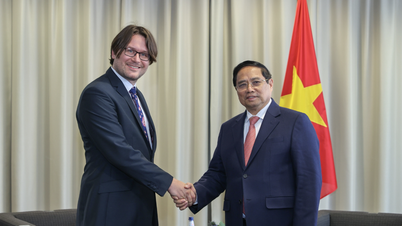

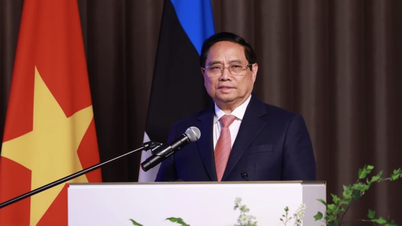

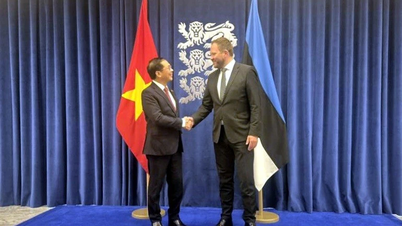




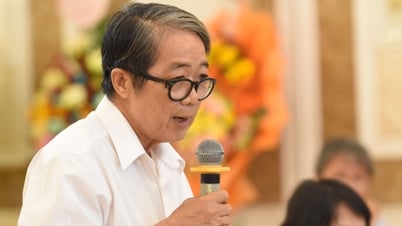








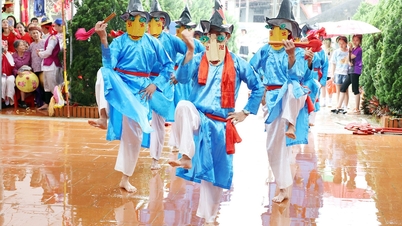

![[Photo] Nearly 104,000 candidates in Hanoi complete procedures to take the 10th grade entrance exam](https://vphoto.vietnam.vn/thumb/1200x675/vietnam/resource/IMAGE/2025/6/7/7dbf58fd77224eb583ea5c819ebf5a4e)






























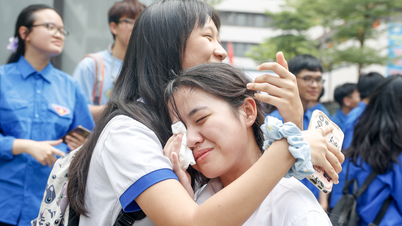














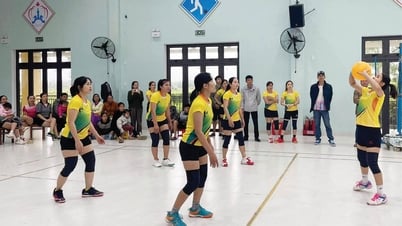

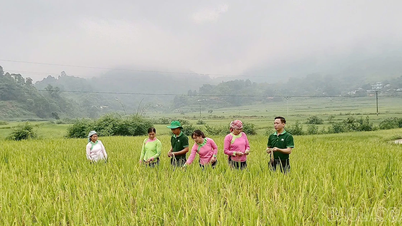

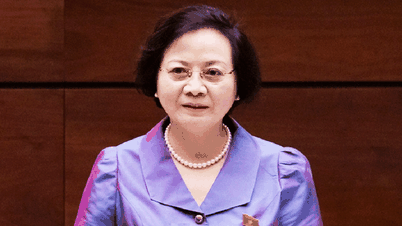










![[OCOP REVIEW] Tu Duyen Syrup - The essence of herbs from the mountains and forests of Nhu Thanh](https://vphoto.vietnam.vn/thumb/402x226/vietnam/resource/IMAGE/2025/6/5/58ca32fce4ec44039e444fbfae7e75ec)



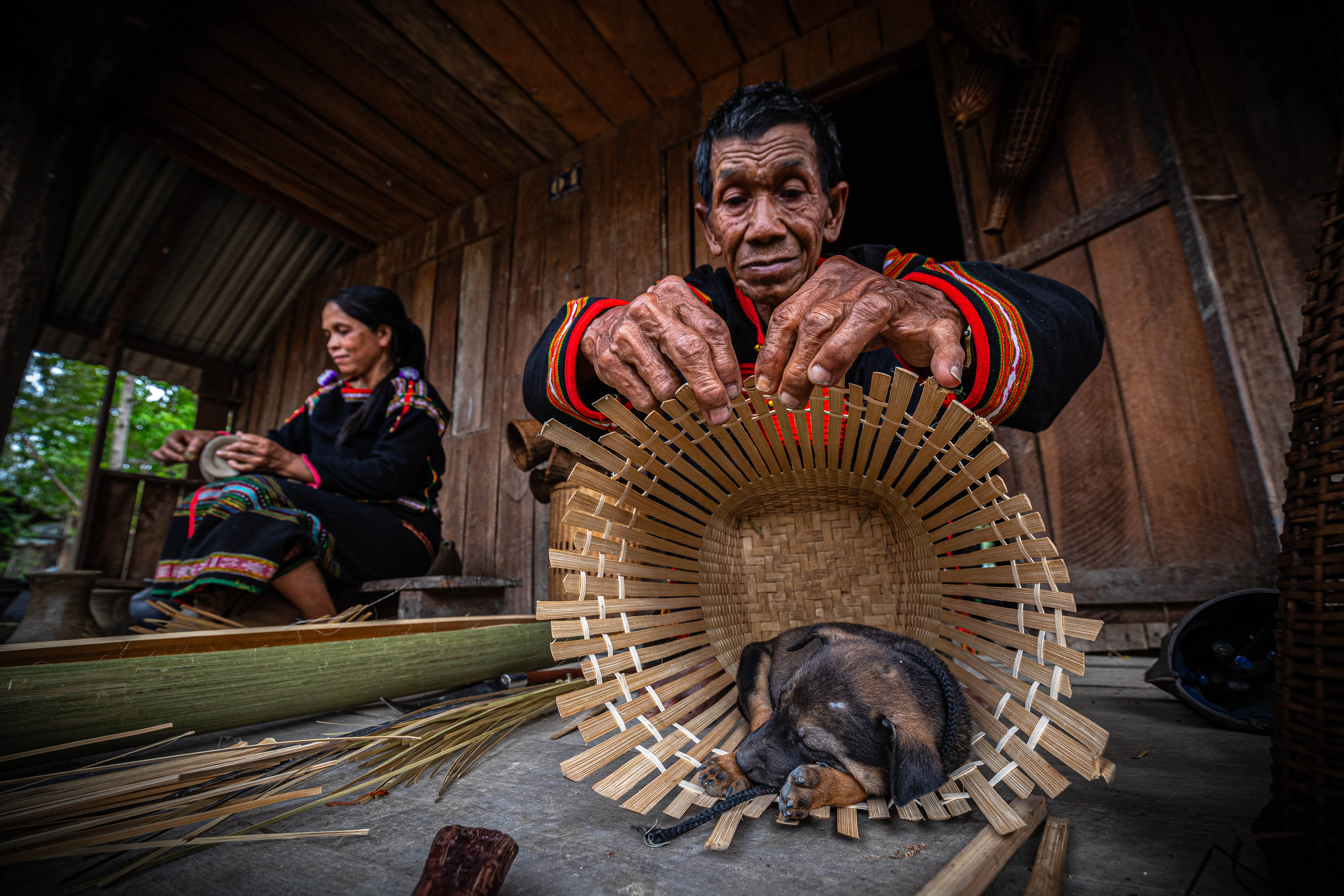
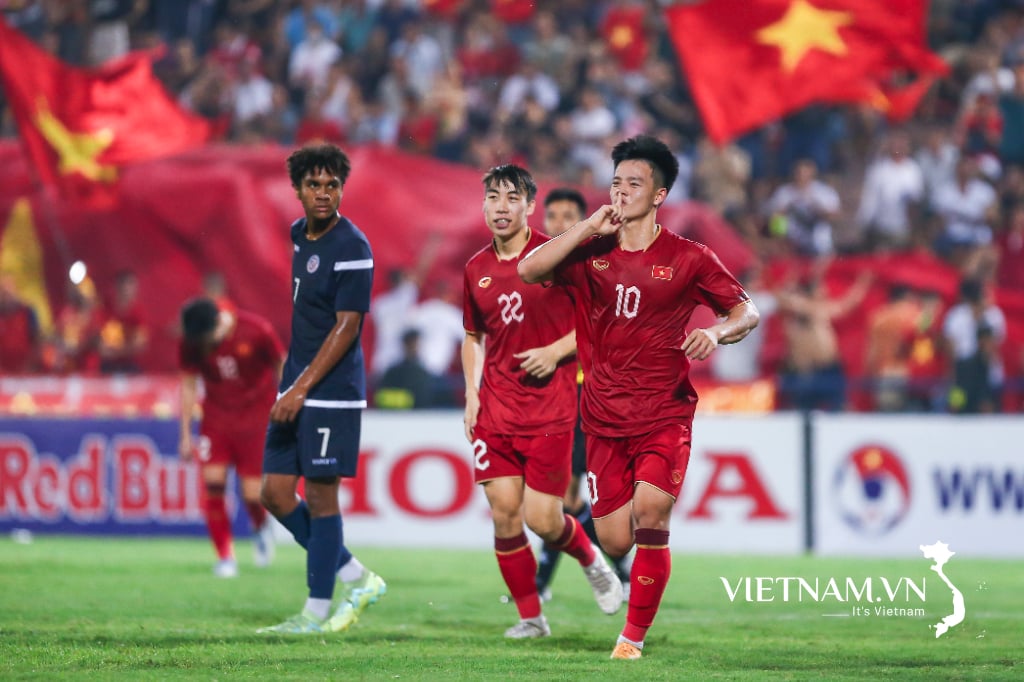
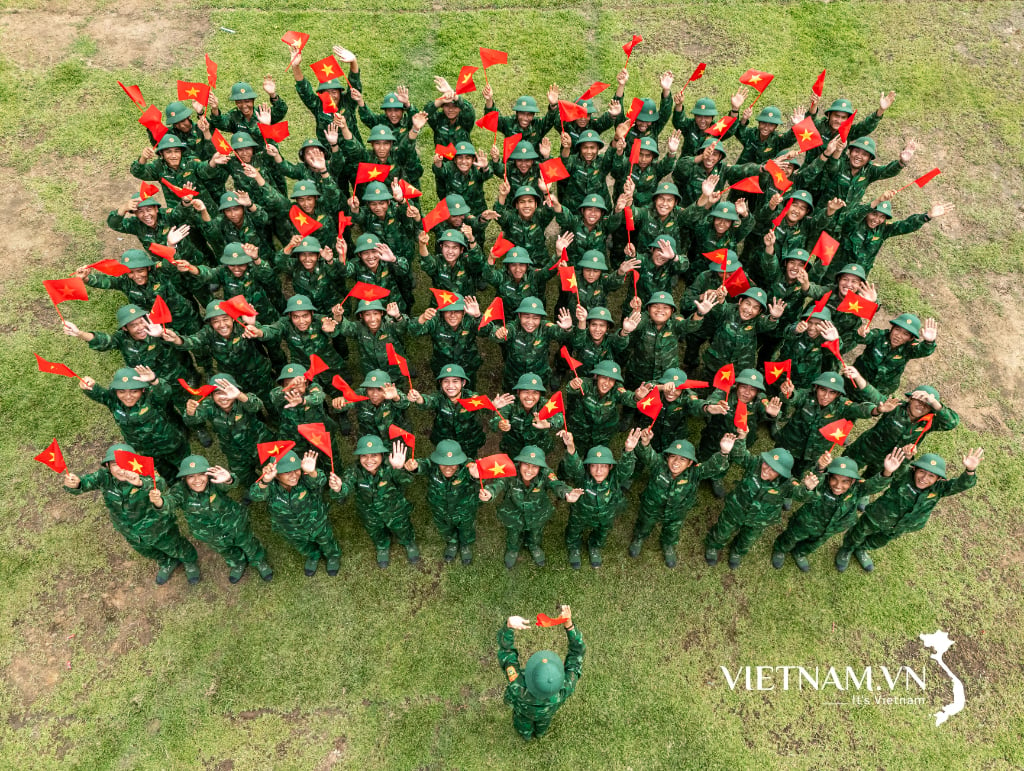

Comment (0)